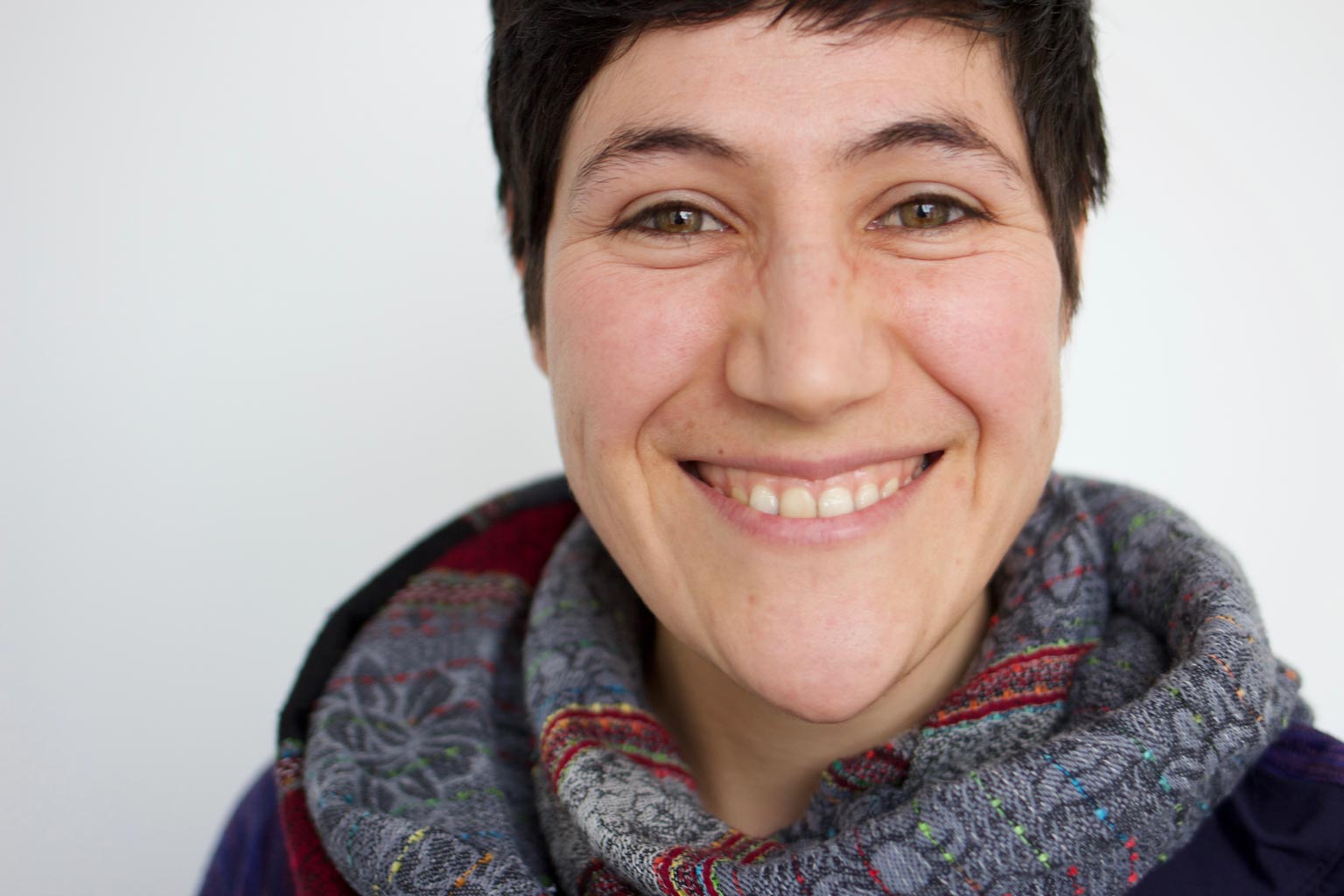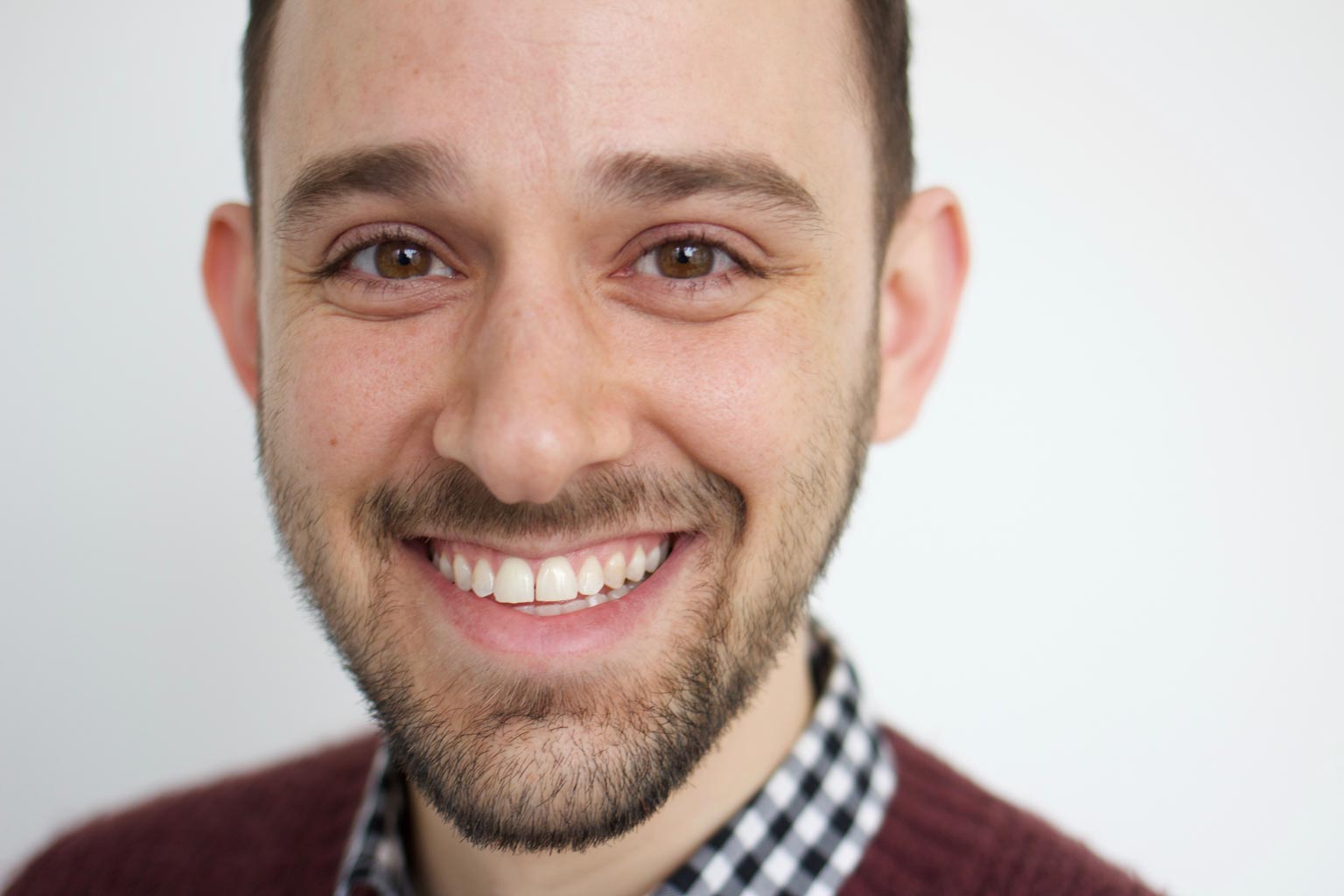How many postdoctoral fellows would you guess are in our department? 10? 20? The answer may surprise you: there are currently 34 PBS postdocs.
Despite their large numbers and the important work they do to advance PBS research, the postdocs in our department sometimes seem invisible. Hired by individual labs, they interact with other members of their lab, and have few connections to the department or university as a whole. They conduct and publish their research and promote the success of their labs, but we rarely hear about their individual interests and concerns, or their prospects and plans for the future.
In recent years, a few postdocs have taken steps to undo some of their isolation from each other by organizing a monthly meeting to socialize and share their research, writing, and career interests. They now have a small, loosely knit social network. And yet, it seems there is room to further integrate them into the department and for all of us to benefit from their intelligence, experience and expertise.
As a graduate student, I couldn’t help wanting to learn more about my dedicated and hard-working colleagues. Below I introduce four postdocs who you may not have met.





